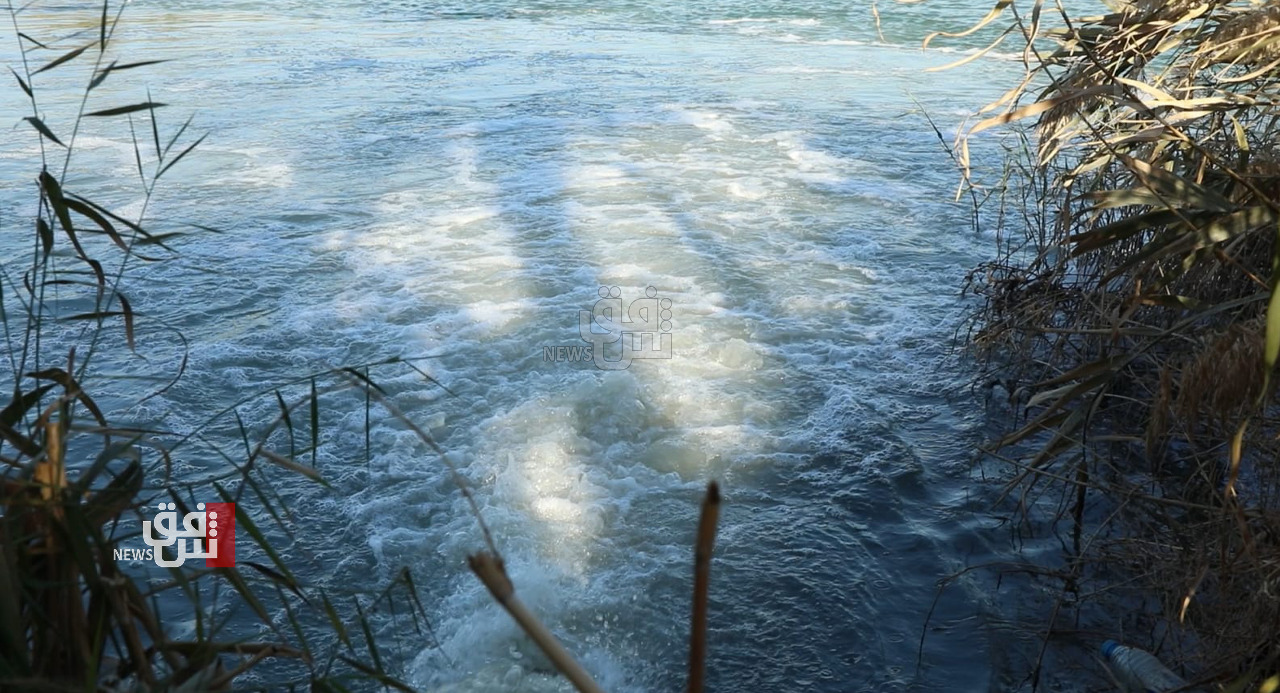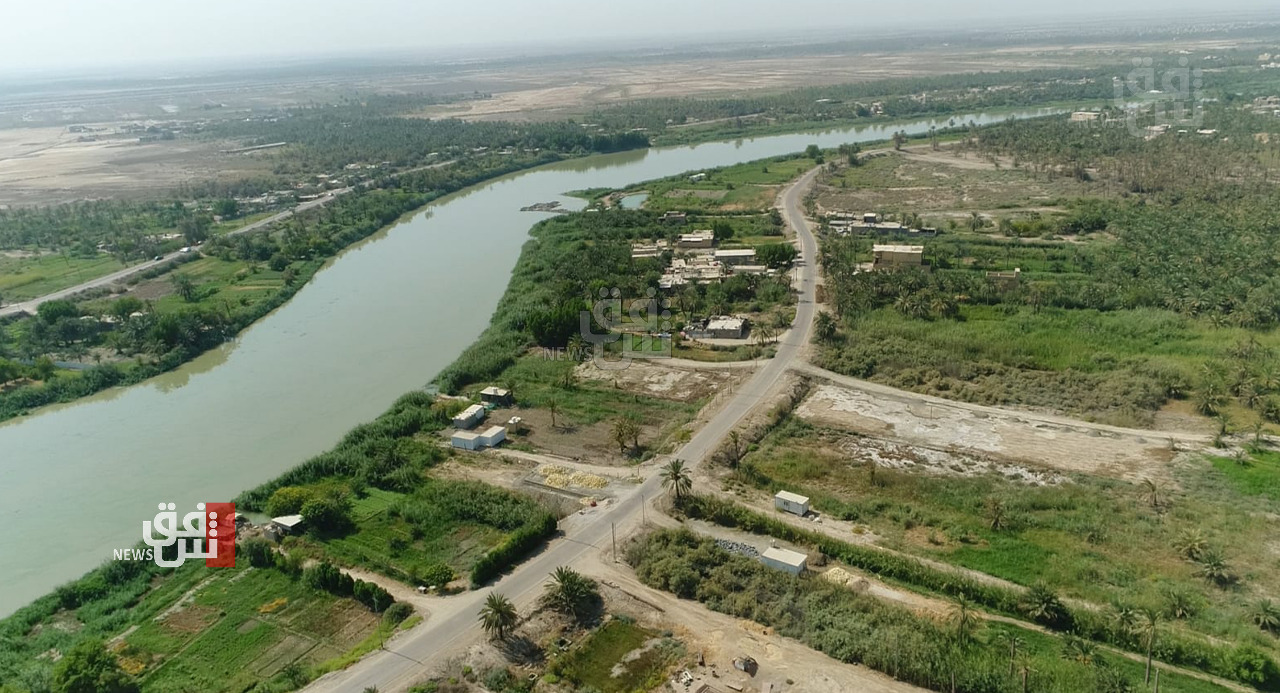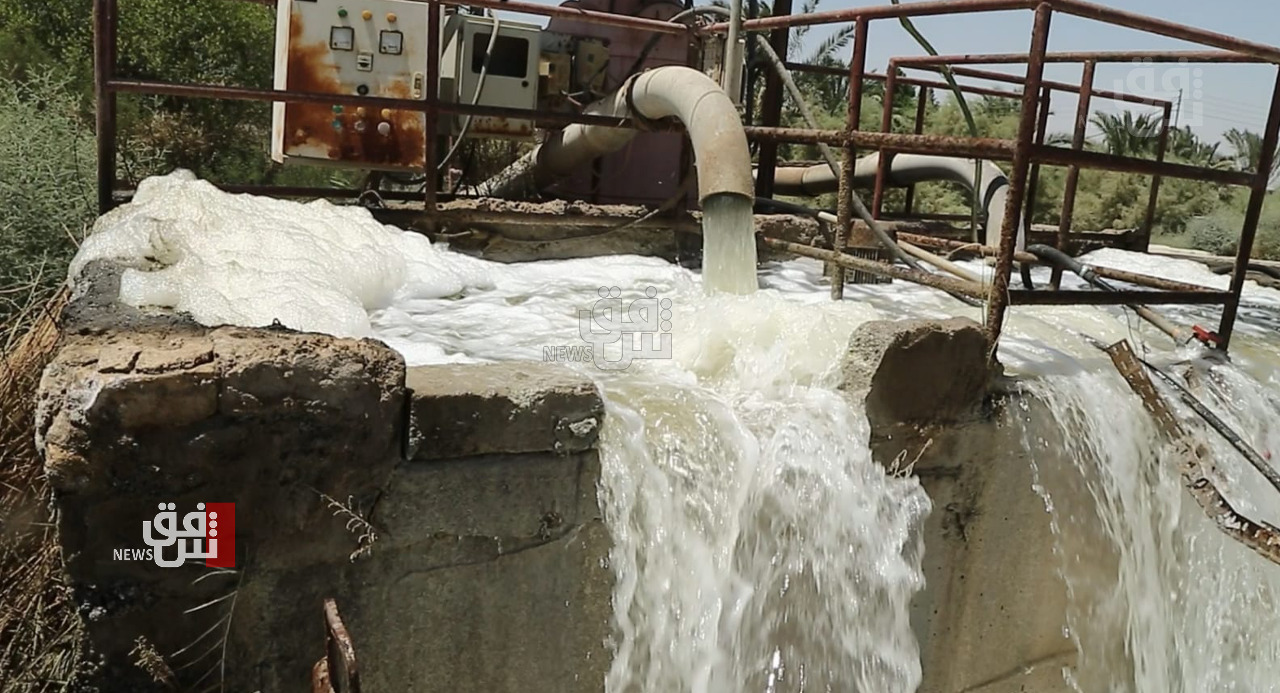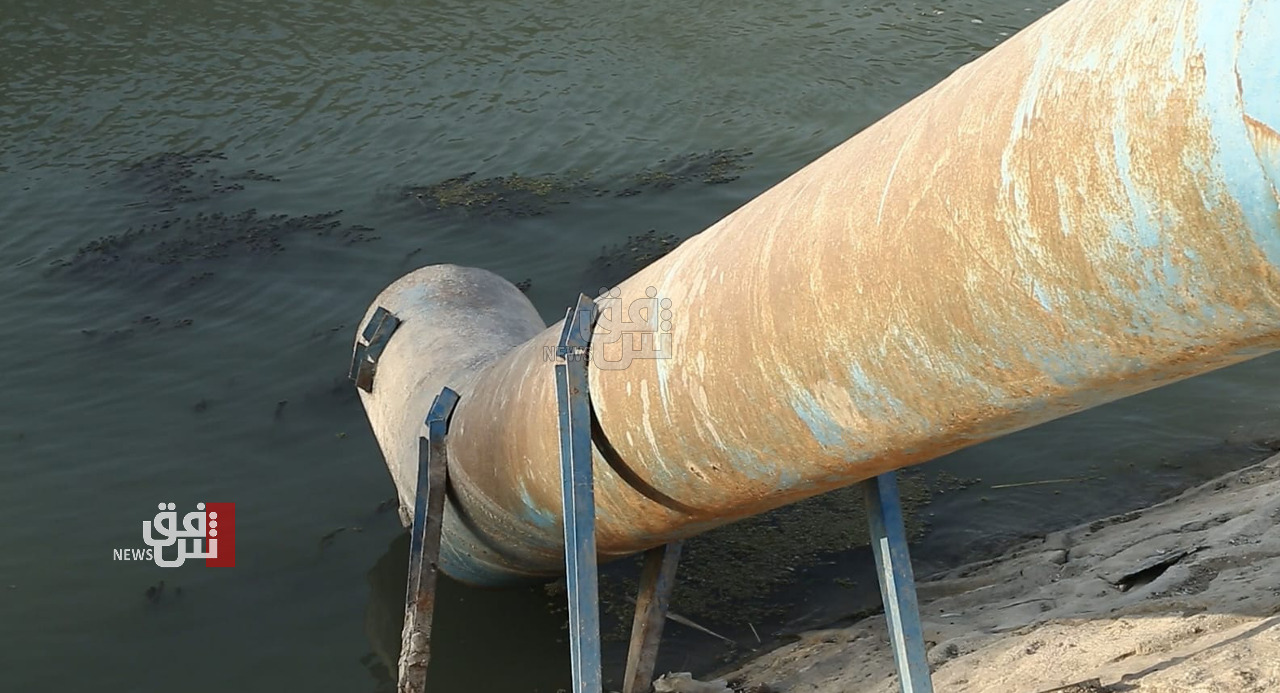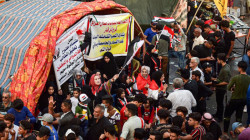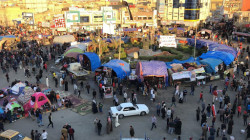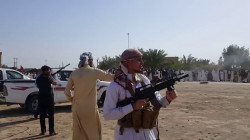Cancer haunting an Iraqi community: pollution slowly killing al-Busuf village in Dhi Qar
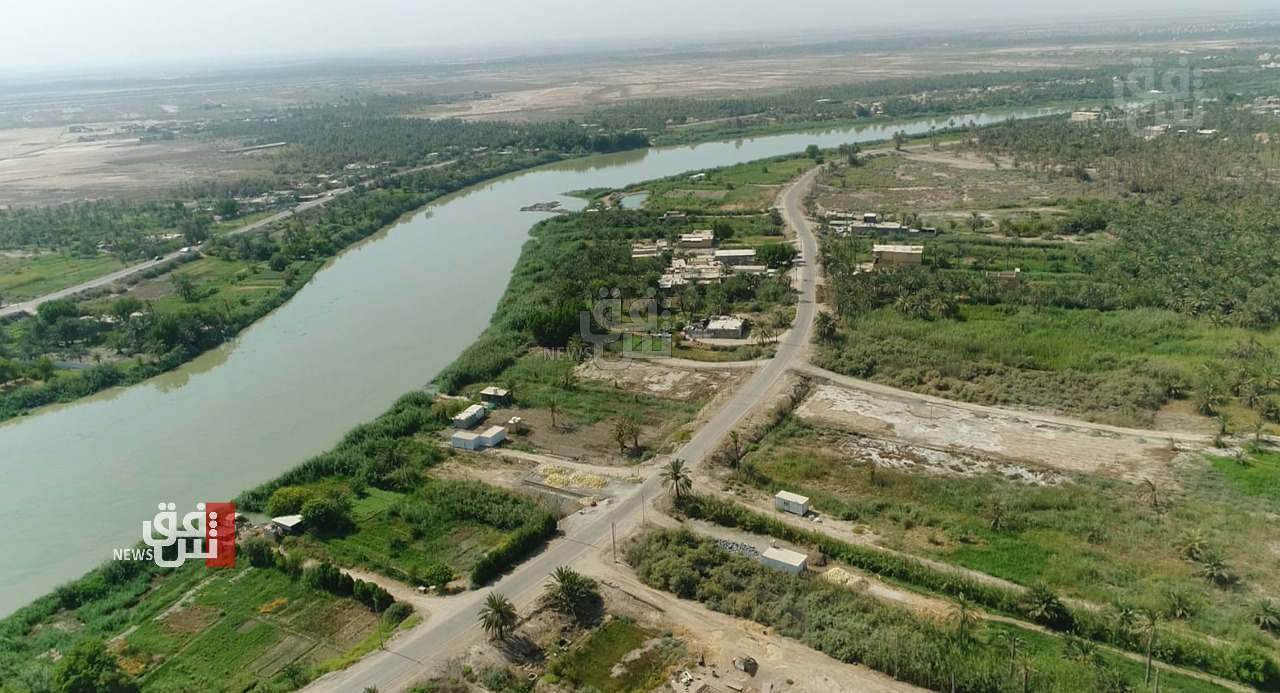
Shafaq News/ As if the lack of potable water and other basic services is not enough for al-Busuf village, pollution came to exacerbated the already intense suffering of the local community situated on the banks of the Euphrates to the east of Dhi Qar's capital city, Nasiriyah.
With a population of just over 2,000, al-Busuf is supposed to be a model for the rest of the villages in the governorate in terms of the elegance of its natural scenery. Beside its location on the banks of the Euphrates, the village rests near a wooded stretch of the tourist road east of Nasiriyah, as described by one of its dignitaries.
"The village contains neither a healthcare facility nor a qualified school. Sewage penetrates the residential area," Yacoub (Abu Akram), a dignitary from the village told Shafaq News agency.
Abu Akram said that a group of locals shut down the sewage disposal system in an act of protest to demand paving a main road in the village.
"Their deed put the southern part of Nasiriyah under the risk of drowning in sewage, prompting the expedition of paving this road."
"The water that the village uses comes from the Euphrates River, but in fact, it is totally polluted because the sewage disposal plant discharges its waste into the river," he added, "the families residing near the sewage plant in the village suffer from incurable diseases. Seven people died from cancer last year, and dozens are currently under treatment."
Shocking cancer rates
A medical source from Dhi Qar's Health Directorate told Shafaq News agency that cancer is quite prevalent in the governorate. "However, the directorate has no scientific proof that links the high cancer incidence to water and air pollution."
"The cancer patients in the governorate increased from 557 in 2006 to 1,602 in 2019, while no statistics have been released on the number of patients in the past two years (2020 and 2021), the number of the cancer patients is expected to go beyond 3,000," the source said.
"The total number of cancer patients between 2006 to 2019 amounts to 11,957," the source noted, "these are the numbers of officially registered patients. Hundreds of unregistered people are receiving treatment at their own expense."
Pollution and diseases
For its part, Dhi Qar's Directorate of Environment attributed the phenomenon of water pollution in the village to the sewage plants on the banks of the Euphrates.
"In the areas to the south of Nasiriyah, the sewage plants drain their waste directly into the river without filtration. The polluted water ends up in the marshes, jeopardizing the ecosystem and disrupting the wildlife sanctuaries," Environment Director Karim Hani told Shafaq News agency.
"The law allowed his administration to intervene by warning them and ordering the closure of these polluting stations, and if they do not respond, judicial action is taken against them by filing criminal complaints about violating environmental conditions," Hani said.
"By the force of law, the administration has the authority to shut down those plants. However, this brings another problem to the table: sewage, where will it go?" he continued, "The best solution for this serious issue is to establish treatment plants, which unfortunately do not exist. The authorities do not pay heeds to this issue in spite of its vitality."
"The areas to the south of Nasiriyah are heavily polluted. They are located on the river's banks and, therefore, they capture all the river’s pollutants," he added, "the usage of this polluted water by villagers causes debilitating illnesses."
In September 2021, the Dhi Qar Sewer Directorate announced completing a project, the first of its kind in the governorate, ending violations on the Euphrates River by citizens.
The director of the department, Haidar al-Assadi, told Shafaq News agency, "the administration has almost completed a 2.6-kilometer-long sewer project in the center of Nasiriyah. It will run from al-Kuliya (Faculty) rainwater plant to the seventh station, which is linked to the general estuary."
"The project nearly costs 1.4 billion Iraqi dinars. The costs include tiling the concrete bridge the project runs through," he added.
